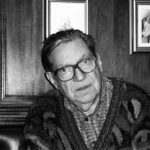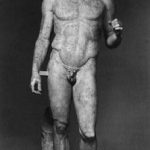Fatal Attraction: Jean Laplanche on sexuality, subjectivity and singularity in the work of Sigmund Freud
Fatal Attraction Jean Laplanche on sexuality, subjectivity and singularity in the work of Sigmund Freud Philippe Van Haute Freud considered sexuality to be the shibboleth of psychoanalysis. With a surprising stubbornness, he repeats over and over again: ‘and yet the libido is sexual’. 1 But when we ask for his arguments for this rather audacious […]



